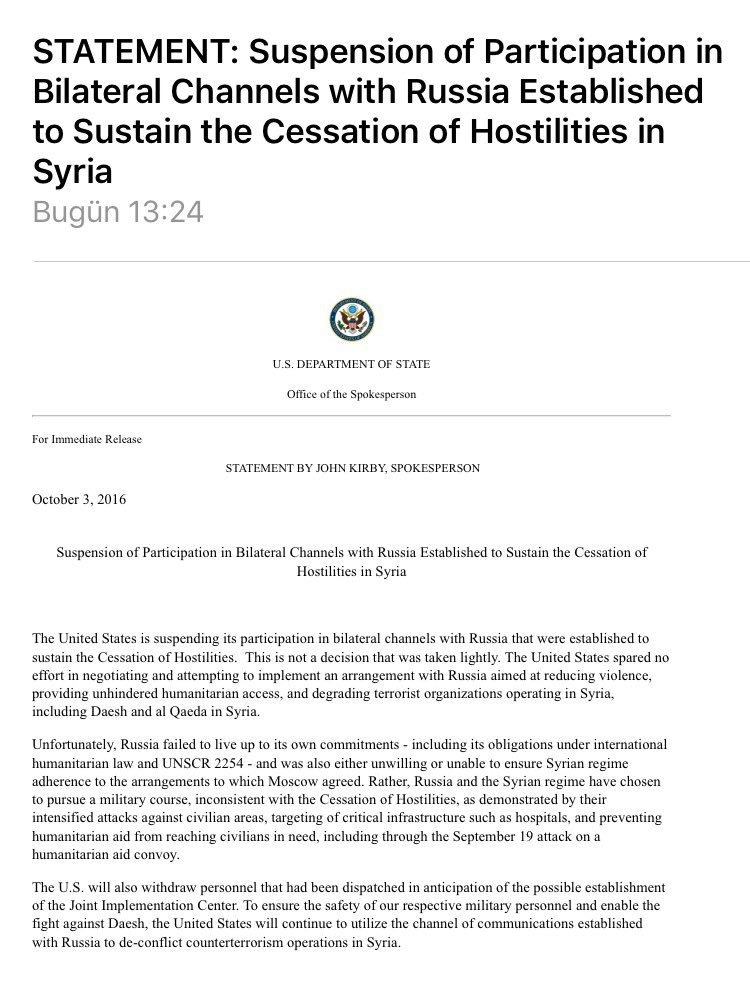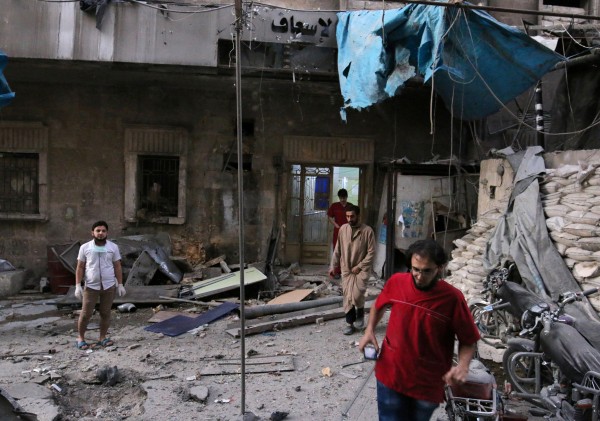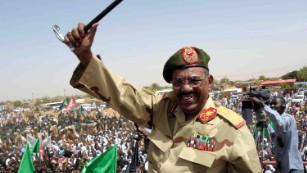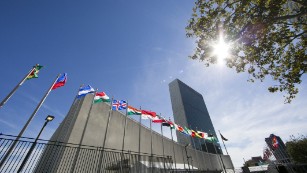Primer: Donald Verrilli, the Department of Justice Solicitor General who argued these cases before the Supreme Court resigned in June. Verrilli successfully defended President Obama’s healthcare plan before the Supreme Court, is joining the Los Angeles law firm of Munger, Tolles & Olson.
Supreme Court declines to hear immigration and Redskins cases
WaPo: The Supreme Court will not reconsider President Obama’s plan to shield undocumented immigrants from deportation and denied the Washington Redskins’ bid to get its trademark case on this term’s docket.
With oral arguments postponed for a day because of the Rosh Hashana Jewish holiday, the first Monday in October that marks the beginning of the new Supreme Court term became a day of rejection. The court issued a thick stack of cases that had accumulated over the summer that the justices decided not to hear.
Among the other losers: the NCAA, which had asked the court to review an appeals court ruling about its policies involving the amateur status of college football and basketball players. The issue remains alive in other court proceedings.
[Deadlocked Supreme Court won’t revive Obama immigration plan]
The administration’s request was a longshot bid to salvage what had been the biggest legal defeat of Obama’s presidency. In June, a deadlocked court failed to revive his stalled plan to shield millions of undocumented immigrants from deportation and give them the right to work legally in the United States.
The justices’ votes at the time were not announced, but the court’s liberals and conservatives were split at oral argument last spring. The tie meant that a lower court’s decision that Obama probably exceeded his powers in issuing the executive action kept the plan from being implemented.
The court’s action affected about 4 million illegal immigrants estimated to be covered by Obama’s plan, which would have deferred deportation for those who have been in the country since 2010, have not committed any serious crimes and have family ties to U.S. citizens or others lawfully in the country.
The Supreme Court rarely grants motions for rehearing. But the administration’s lawyers made the request in hopes that by now the vacancy created by the death of Justice Antonin Scalia would be filled.
Instead, Senate Republicans have blocked consideration of Obama’s nominee to the court, appeals court judge Merrick Garland. They say the next president should fill the election-year opening.
This immigration case is the matter where the Judge ordered Department of Justice lawyers to attend an ethics class.
JonathanTurley: United States District Judge Andrew Hanen issued a remarkable opinion yesterday that found that Justice Department lawyers not only lied to him and opposing counsel but “it is hard to imagine a more serious, more calculated plan of unethical conduct.” What is even more remarkable however is that, after finding such calculated and unethical conduct, Hanen ordered the lawyers to simply take ethics classes rather than refer them to the bar for suspension or disbarment. Many attorneys object that government lawyers routinely escape serious punishment for false or misleading statements. In this case, the judge found that the Justice Department misled him and opposing counsel in a case by Texas and 25 other states that sought to block President Barack Obama’s controversial immigration programs. Hansen blocked the program. Notably, the Justice Department is even opposing ethical classes as a sanction.
The government misled the court on when the government would begin implementing one of the programs. The Justice Department team assured the court the government would not start implementing an expansion of a program called the Deferred Action for Childhood Arrivals until February 18, 2015. The court and opposing counsel relied on that date even though the government implemented a part of the program before February and granted over 100,000 applications. Hansen found that the “Justice Department lawyers knew the true facts and misrepresented those facts.”
Apparently, lawyers, somewhere in the halls of the Justice Department whose identities are unknown to this Court, decided unilaterally that the conduct of the DHS in granting three-year DACA renewals . . . was immaterial and irrelevant to this lawsuit and that the DOJ could therefore just ignore it. Then, for whatever reason, the Justice Department trial lawyers appearing in this Court chose not to tell the truth about this DHS activity. The first decision was certainly unsupportable, but the subsequent decision to hide it from the Court was unethical.
In an effort to convey how unethical the Justice Department acted in the case, Hanen even excerpted a portion of the film “Miracle on 34th Street” when a young Tommy Mara Jr. says “Gosh, everybody knows you shouldn’t tell a lie, especially in court.” Judge Hanen noted “There are certain attorneys in the Justice Department who apparently have not received that message.”
Here is the opinion: Immigration Decision.



 B
B
